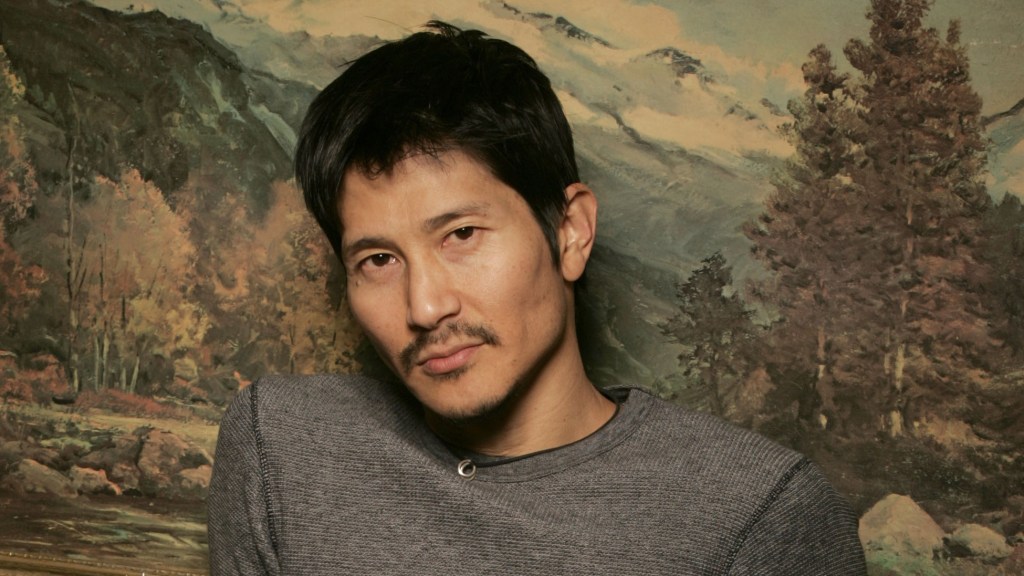One of Hollywood’s most provocative young voices of the ’80s and ’90s, Gregg Araki remains optimistic for a new generation of filmmakers.
Ahead of his appearance at Friday’s Academy Museum screening of Mysterious Skin (2004), the ‘New Queer Cinema’ alum mused on how there are “very few really interesting voices” being platformed in Hollywood as he spoke with Deadline about the struggles facing young creatives in the film industry.
“Rick Linklater and I talk about this, ’cause we’re like the grandpas of Sundance at this point, and It’s so much easier now to make a movie than it used to be,” explained Araki. “But because back in the days, when we were doing Slacker and Living End or [Totally] Fucked Up or whatever then, like on 16 millimeter, it’s super hard to shoot. It’s just very cumbersome and very difficult, but now with the new technology, iPhones and computers and all these tiny little cameras that shoot 6K, all this technology is so incredible now.”
Noting his amazement with Resillion’s “incredible” editing capabilities, which he used with his Mysterious Skin 4K restoration, Araki put the software to use on his upcoming film I Want Your Sex.
“The technology is so advanced and so easy to make a movie now, but there’s very few really interesting voices that are using that technology, you know what I mean?” he added. “And it’s sort of—I don’t wanna say harder to be an artist now, but I do think I feel very fortunate to be the generation I was because I was kind of there when punk rock music came out, when indie film happened.”

Joseph Gordon-Levitt, Jeffrey Licon and Michelle Trachtenberg in ‘Mysterious Skin’ (2004)
Tartan Releasing/Courtesy Everett Collection
Araki continued, “I feel like, to be original, to have a voice, and to be unique in this world, where there’s so much content and so many filmmakers, and YouTube and TikTok have so much fucking stuff being created, it’s so hard to… cut through the noise and just have a unique voice or be an artist, besides the fact that the world is fucking falling apart. I am always hopeful or optimistic for young artists in their 20s, just doing it and figuring out a way to do it, ’cause I don’t think it’s the same as it was when when we were doing it.”
With the cult longevity of his early films like The Living End (1992) and ‘The Teen Apocalypse Trilogy’ (1993-’97) putting a new generation of cinephiles in a chokehold, Araki explained the themes of nihilism in his movies are so timeless and “why my fans are so great.”
“They’ve been so loyal and dedicated. There’s not a lot out there very unique to this day, Doom Generations aren’t getting made every day. These movies, they’re still so fresh and topical, and they are different than everything else, which I think is a good thing,” he explained. “But it’s also why there’s a unique and kind of culty—almost like a litmus test of people that love whatever movie it is, Doom Generation, Nowhere, Mysterious Skin, whatever it is.

Director Gregg Araki on the set of ‘Mysterious Skin’ (2004)
Tartan releasing/Courtesy Everett Collection
“It’s like they speak to a very specific sensibility, cause I’ve had people say, ‘Oh yeah, I’ve met my partner because they were a fan.’ You’re like a kindred spirit, it’s like you get me ’cause you get this movie, and I think that that’s so amazing and cool. And it really means a lot to me that the movies resonate with people in that way,” said Araki.
This article was published by Glenn Garner on 2025-09-20 22:34:00
View Original Post



